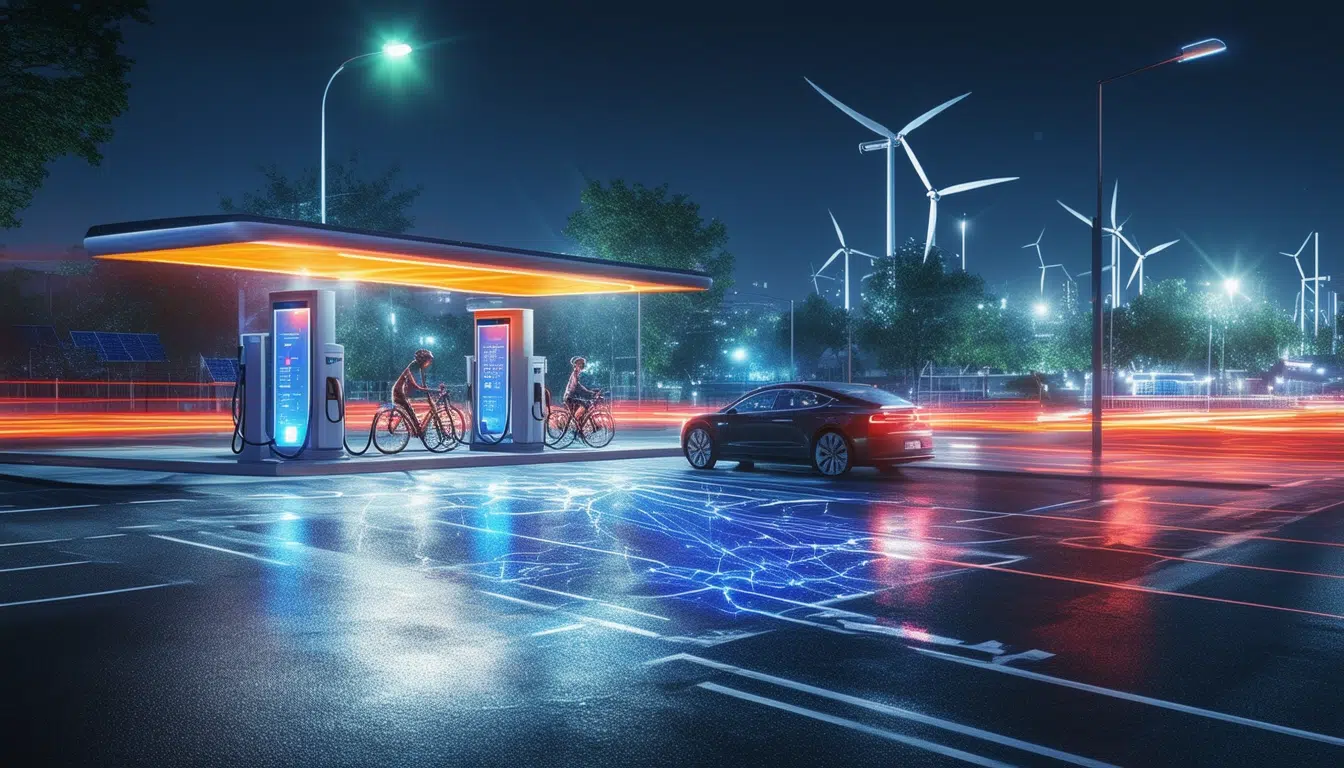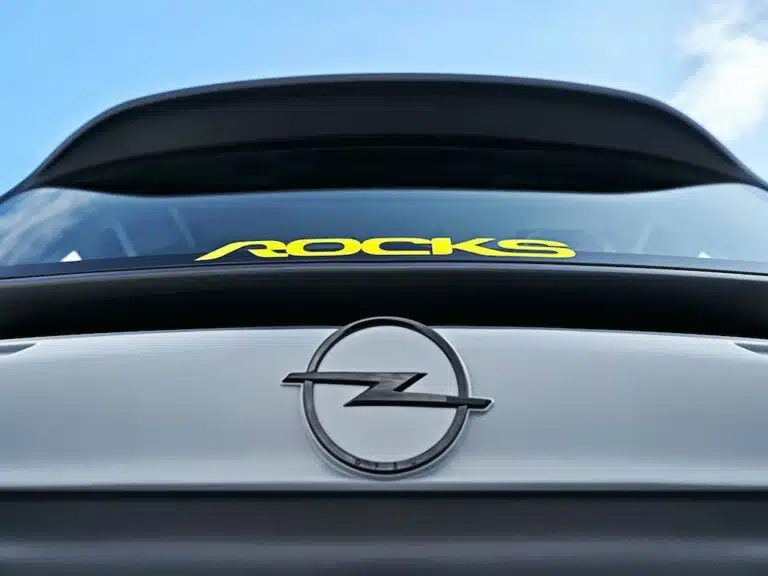De qué manera la tecnología puede ayudarte a ahorrar combustible

Technology has revolutionized numerous aspects of our daily lives, and one of the most significant is the way we can reduce fuel consumption while driving. From advanced monitoring systems to applications that optimize routes, innovations offer practical tools to improve our energy efficiency. Knowing and leveraging these technologies not only contributes to considerable economic savings but is also an important step toward a more sustainable future. Below, we will explore various ways in which technology becomes an indispensable ally in achieving more efficient driving.
Nowadays, technology has revolutionized the way we interact with our vehicles, offering effective solutions to optimize fuel consumption. In this article, we will explore different technological innovations that allow drivers to reduce their energy expenditure, improve their vehicles’ efficiency, and ultimately contribute to a healthier environment.
Optimization of engine use and gears
One of the most effective ways in which technology helps save fuel is through the optimization of engine performance. Modern vehicles are equipped with systems that allow drivers to keep their cars in the optimal gear, using the appropriate speed and torque in various situations. This translates into a decrease in fuel consumption by avoiding unnecessary strain on the engine.
Reduction of idling time
Unnecessary idling is a common habit that can be responsible for significant fuel consumption. Technology allows monitoring of this situation and offers solutions such as the use of Start/Stop systems that automatically shut off the engine when the vehicle is stopped. This can result in savings of up to 7% in fuel consumption, contributing to more efficient driving.
Apps and diagnostic devices
There are numerous applications and advanced devices that facilitate vehicle diagnosis and maintenance, helping drivers identify issues that could affect fuel efficiency. A fuel injector diagnostic bank, for example, ensures that the fuel injection system operates properly, which can lead to significant improvements in fuel economy.
Coasting and cylinder deactivation
Coasting is a technique that allows the vehicle to save fuel by disengaging the engine when power is not needed, especially on slopes. Some emerging technologies also allow for cylinder deactivation in internal combustion engines, reducing consumption by temporarily disabling certain cylinders when they are not needed.
Aerodynamic improvements
The shape and design of a vehicle influence its wind resistance. The implementation of technologies that optimize aerodynamics allows cars to move with less resistance, saving fuel in the process. This approach is seen in many new vehicles that feature design characteristics that minimize drag.
Efficient monitoring of vehicle fleets
The management of vehicle fleets has also benefited from modern technology. Telematics systems allow monitoring of fuel consumption and driver behavior, helping to identify areas for improvement and establish speed restrictions that optimize fuel usage.
Education and awareness about energy efficiency
Education plays a crucial role in fuel savings. Knowing best driving practices and responsible habits can make a big difference. For example, maintaining a constant speed and avoiding sudden accelerations are simple yet effective techniques to reduce fuel expenditure. Implementing education programs on energy efficiency can significantly improve consumption behavior.
Future innovations in fuel savings
Technology continues to evolve, bringing new solutions to reduce fuel consumption. Projects like those developed by JetZero and easyJet, which work on planes that decrease fuel consumption and emissions by an astonishing 50%, are an example of how innovation can transform the mobility and energy industry. For more details on these innovations, you can check here.
In conclusion, the integration of technology in automobiles and in our daily driving practices presents itself as a key solution for achieving significant fuel savings. From technologies that optimize the engine to systems that improve aerodynamics and fleet management, these innovations are essential to promote a more sustainable future.
How technology can help you save fuel
Technology plays a crucial role in the pursuit of energy efficiency and in reducing fuel consumption. Today, drivers have access to a series of tools and applications specifically designed to optimize fuel usage in their vehicles. Thanks to these innovations, it is possible to monitor in real-time the consumption and efficiency of the engine, allowing drivers to make more informed decisions on the road.
One of the standout technologies is the Start-Stop system, which automatically shuts off the engine when the vehicle is stopped and then reactivates it with a simple tap on the pedal. This technology translates into significant fuel savings in urban environments, where traffic and stops are common. Additionally, the use of sensors that optimize gear shifting can help drivers keep the engine in its optimal range of operation, thus minimizing energy consumption.
On the other hand, advanced navigation systems that suggest shorter and faster routes help reduce driving time, which also decreases the amount of fuel used. These applications enable users to avoid traffic jams and find alternative paths, resulting in fewer stops and starts, which are often the moments of greatest energy expenditure.
In summary, the integration of technology in driving not only enhances the user experience but also represents an effective way to decrease fuel consumption and, therefore, reduce the carbon footprint. Additionally, with the rise of hybrid and electric vehicles, the way we travel is increasingly transforming, making the future of mobility more sustainable.





